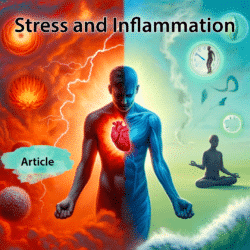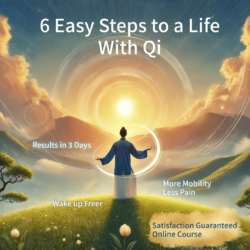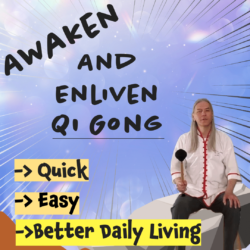Stress and Inflammation
Stress and inflammation can feel like an endless cycle, harming your body, mind, and even your appearance. Learn how they’re connected, why chronic stress leads to health problems, and how qi gong, relaxation, nutrition, and simple daily changes can help you reduce inflammation, feel better, and support lasting wellness.


